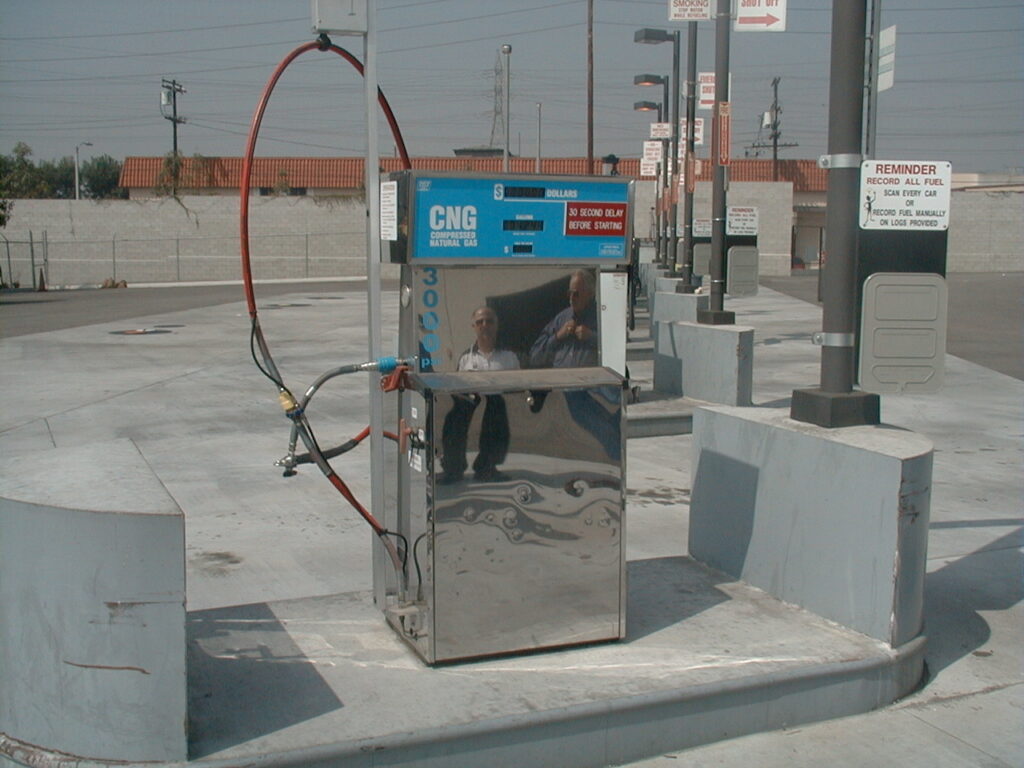Chesapeake Energy Corp. (CHK) will form a $1 billion fund to invest in companies that develop infrastructure or technology to increase the use of natural gas as a motor fuel. With technological advances and new natural gas finds causing a sharp increase in available domestic natural gas reserves, Chesapeake, the nation’s second-largest producer of natural gas, is seeking market and price stability for the fuel.
Creating a ‘Demand Revolution’
Chesapeake will initially spend $155 million to buy half of Sundrop Fuels Inc. Sundrop plans to build a plant to convert gas and waste products into motor fuel. The plant is expected to open in 2013, with a capacity of 40 million gallons per year.
Chesapeake will also spend $150 million over three years on bonds issued by Clean Energy Fuels Corp. (CLNE), a company that builds fueling stations for heavy trucks that run on natural gas instead of diesel fuel. T. Boone Pickens is a major holder of Clean Energy Fuels.
Chesapeake will make its infrastructure and technology investments via Chesapeake NG Ventures over the next 10 years.
“What we’re trying to do is create a demand revolution that will have even more benefits than the supply revolution that our company helped create in the last five years,” said Chesapeake Chairman and Chief Executive Officer Aubrey McClendon.
More Fueling Stations
Clean Energy Fuels will use the investment to add approximately 100 liquefied natural gas fueling stations on major highways nationwide, company CEO Andrew Littlefair said. The company, cofounded by Littlefair and Pickens, has 240 fueling stations currently in operation.
Chesapeake chose to invest in Sundrop because its technology may be able to convert natural gas to motor fuel, McClendon said.
Chesapeake has begun converting its own fleet of 4,500 light trucks to run on compressed natural gas. The company says it is converting 100 of its drilling rigs and some of its fleet of hydraulic fracturing equipment to run on liquefied natural gas.
Hidden Motives?
Largely because of its similarity and connection to the ill-fated and politically motivated “Pickens Plan,” some are dubious about the Chesapeake effort. Despite Chesapeake’s optimism and willingness to invest its own money in new infrastructure, Robert Bradley, CEO and founder of the Institute for Energy Research, is wary Chesapeake may be seeking future government funding.
“Chesapeake Energy’s billion-dollar demand-side initiative looks long on politics and short on voluntary persuasion. To spend this type of money in an attempt to gain special government—taxpayer favor seems to be a questionable investment of shareholder dollars in the current federal fiscal climate,” Bradley said.
Thomas Tanton ([email protected]) is principal of T2 & Associates, a California-based energy technology and policy consulting group.





